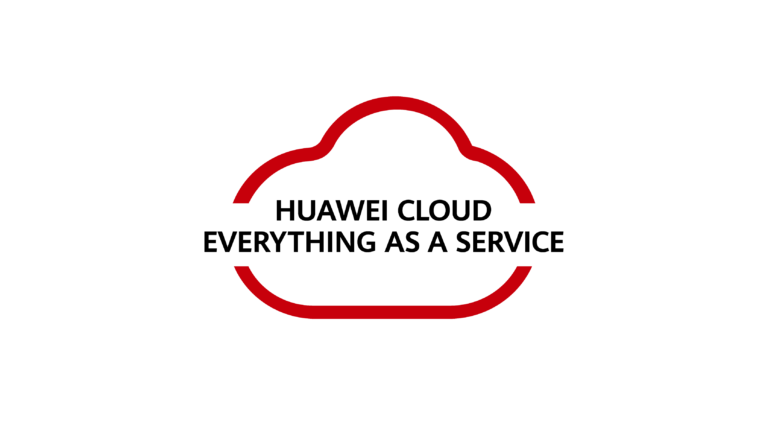The importance of technology to education in SA cannot be dismissed, as it is vital to creating a more level playing field, and is not something to be taken lightly in a country with such inequality. But more than levelling the playing field, technology has also been the driver behind learning and teaching continuing, despite the lockdowns of the past two years.
Dr Stanley Mpofu, CIO at Wits University, points out that it is important to leverage technology for teaching purposes, because it’s now a key component of virtually any activity. Technology is viewed as the answer to most of the world’s toughest challenges and future leaders will need to be au fait with it. It’s for this reason that educational institutions like Wits are leveraging technology in numerous ways to improve the state of education.
“Technology is clearly bleeding into all aspects of our lives. Even older generations, or those living in more remote parts of the country, are comfortable using technology to conduct their banking, or for online purchases. So it makes sense to utilise technology to improve education, since this is a sector where it can have a major impact,” he says.
“At Wits, our strategy is a cloud-focused one that is designed to create greater levels of access, by ensuring that all students can utilise the university’s resources. Such a strategy requires a cloud partner that is prepared to put skin in the game, which is why we have chosen Huawei Cloud.”
A long-term focus
When choosing a service provider, he says Wits wanted one that clearly understood its requirements and could deliver a service to meet these. For example, students have different needs to faculty members, but both have to be able to use the cloud as required.
“We also demand accountability from our partners and a long-term focus. It would be catastrophic if we faced a challenge and our partner wasn’t able to jump in and assist immediately. Think of a situation where a student is writing final exams during loadshedding, and the UPS the university is using fails. We only work with partners that understand how such a failure may impact on the student and will do all they can to either prevent it from happening or fix the problem as soon as possible.
“Remember too that both students and faculty have strange hours of operation, so we need to be a 24/7 institute, and we require the same commitment from our partners.”
Mpofu notes that the cloud has had a massive impact on tertiary education over the past few years, enabling institutions to provide seamless access to students wherever they are, and from whatever device they choose to use. The cloud not only enables this, but further assists Wits with issues such as redundancy, disaster recovery, scalability and improved cost efficiencies.
“Because I understood the importance and value of the cloud, I immediately put an adoption strategy in place when I joined Wits. We now derive enormous value from having access to a platform that offers agility, ease of access and significant scalability,” he says.
“Cloud is probably our most critical focus at present, and our strategy is to adopt a multicloud approach, rather than having only a single cloud vendor. In this way, we are able to leverage the best attributes of each cloud, while ensuring that all our eggs are not in one basket.”
AI-powered tools
He indicates that because education is so vital, the Higher Education IT SA (HEITSA) organisation was formed to share learnings for the greater good of higher education in SA. As chairperson of HEITSA, Mpofu says that when Wits undertakes a proof of concept alongside Huawei Cloud, if the results indicate that such an offering would benefit the broader education environment, it shares this knowledge with other institutions.
A good example here, adds Jay Zhou, Managing Director for Huawei Cloud South Africa, is Huawei’s ULearning Learner Management Solution (LMS). This supports course creation, teaching, learning, management, examination, evaluation and data analytics, and uses AI-powered tools to create smart classrooms and deliver a holistic solution to assist learners, trainers, facilitators and management.
“Huawei Cloud’s focus is always to acquire strategic partners in key industries, such as education. We provide the technology and enabling environment, and then work closely with partners like Wits to meet their needs and the requirements of the sector,” he says.
“Huawei Cloud believes in accountability, and we work closely with our partners to deliver a better service to their end-customers. We consider the closeness to our partners to be a key differentiator, as we walk the journey with them. We not only hold their hands through the entire process, but if something does go wrong – as it occasionally does – Huawei is also willing to get its hands dirty to help its partners overcome such challenges.”
Mpofu believes that such strategic partnerships are vital for the country’s universities and tertiary education institutes.
“Education is critically important to the future of South Africa and as such, we recognise the need to bring technology deeper into this space, by delivering high quality services and solutions. And the way to obtain such quality and reliability is by partnering with Huawei Cloud,” he concludes.

